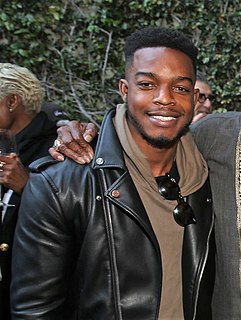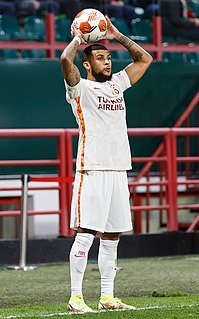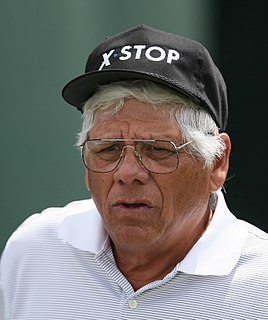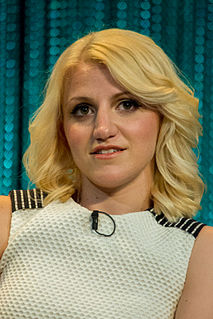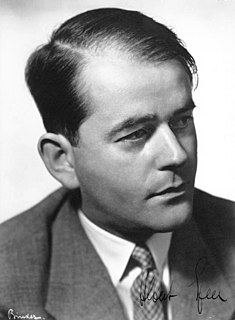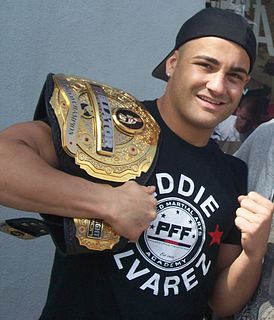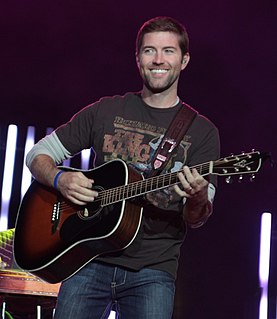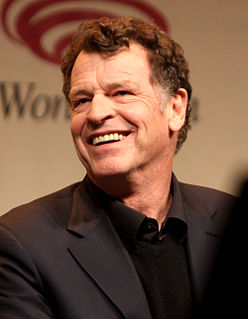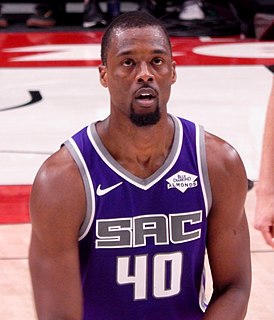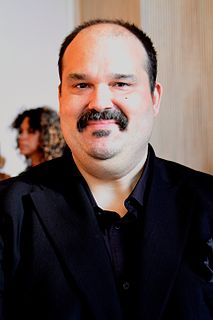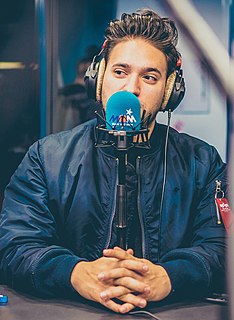A Quote by Stephan James
I've had some experience in track and field in school, but I did have to train to be able to play Jesse Owens - to be a runner, to be an Olympian.
Related Quotes
'Long Black Train' was inspired by a vision that I had of a long, black train running down this track way out in the middle of nowhere. I could see people standing out to the sides of this track watching this train go by. As I was walking, experiencing this vision, I kept asking myself, 'What does this vision mean and what is this train?'
Jesse Owens had to be a very strong person. There were a lot of protests, but I think that he knew, despite the pressure on both sides, the pressure to go and the pressure not to go, he had to do it for himself. Unknowingly, he changed the world and broke so many barriers by doing so, by being a leader.
